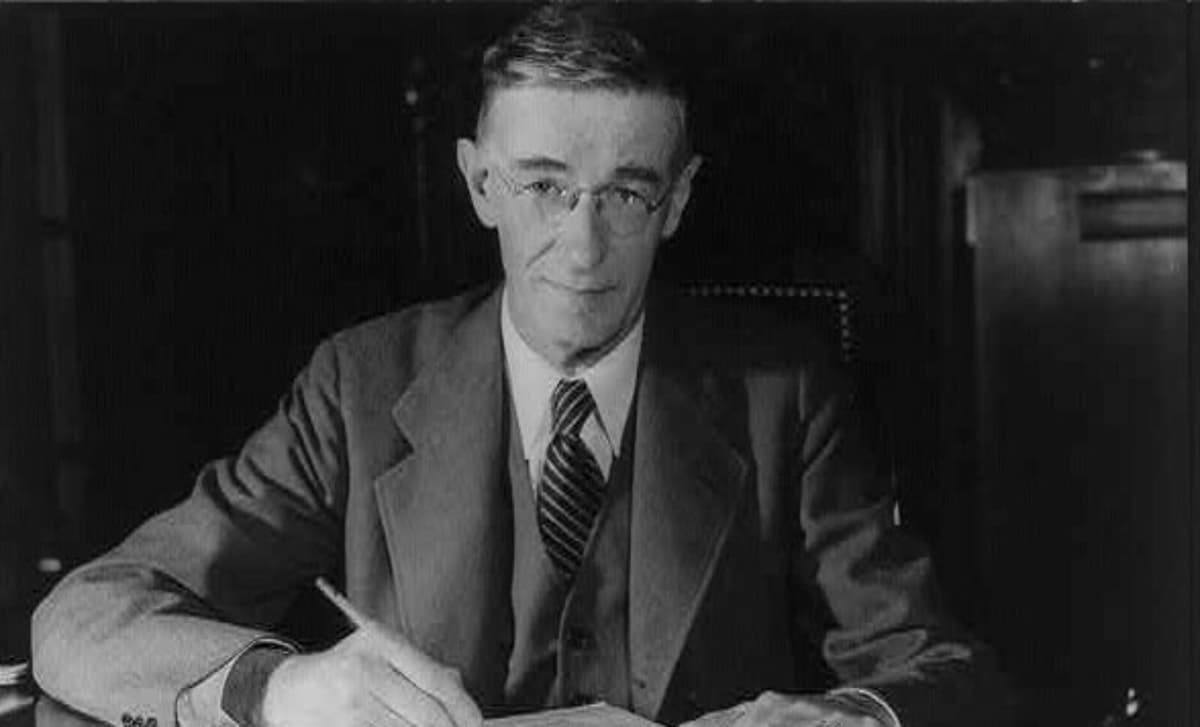Setting a Course for the Next 75 Years of Science Policy
A collaborative, multi-year effort to spark ideas for the U.S. scientific enterprise

For the past three years, The Kavli Foundation supported forums that explored the future of science in society and how resources and infrastructure could evolve to support basic research and science overall for generations to come. A key part of these efforts focused on the future of science policy in the United States – a broad and deep topic that sparked critical dialogue and challenged people to think for the very long term.
Endeavors began in 2019 preparing for the 75th anniversary of the Vannevar Bush report: Science, The Endless Frontier. This prescient report led to the development of the modern American research university, the National Science Foundation, and was the intellectual architecture for higher education, basic research and science, engineering, and medical research in the U.S. Understanding a great deal has changed since that time – not only with science policies, but also with how science is conducted today – there was an opportunity to leverage the anniversary of this landmark report and look (once again) at the long-term future of science. A number of leaders from academia and philanthropy to government and civic science gathered in February 2020 at the National Academies of Science for the first of these discussions.
Stemming from those conversations was an earnest effort over the next two years to invite perspectives from various professionals, policymakers, scientists and more. In 2021, The Kavli Foundation supported the Journal of Science Policy & Governance and the American Association for the Advancement of Science to collaborate on a policy position paper competition, that called on future generations to reimagine American science and science policy. Also initiated in 2021 and continuing into 2023, was a first-ever collection of perspectives curated by Issues in Science and Technology, titled The Next 75 Years of Science Policy. Dozens of ambitious, challenging, and innovative proposals on how to structure the resources of science to enable the best possible future were received. Contributors include recognized global leaders, early-career researchers, policymakers, businesspeople, and many more, creating a forum for the exchange of ideas about reinvigorating the scientific enterprise.
“The pandemic, coupled with shifting geopolitics, provided an opening for a broad consideration of who does science and for what purpose,” said Editor-In-Chief Lisa Margonelli. “At Issues we were excited to see these essays come in, spark conversations, and draw in new writers. Some of the conversations ignited by the series have led to concrete changes including proposed legislation, a new project at NSF, and initiatives to do more team science. We’ve also heard that the book we produced is being used to supplement textbooks in science policy courses—which means that it is making good on its name.”
Collectively, these activities built on the initial National Academies gathering and led up to a second symposium held September 2022 that focused on research and higher education institutions and the transformation needed in these areas to address complex, global challenges. The NAS released a summary in March 2023 of these proceedings: Transforming Research and Higher Education Institutes in the Next 75 Years.
As The Kavli Foundation completed its multi-year commitment in this area, Director of Science and Society Brooke Smith reflected on a successful program and the impact it has had: “How science is done has changed a lot in the last 75 years. We took the Vannevar Bush report as inspiration and a call to think about the next 75 years of science, so that future scientific policies can support a thriving science enterprise. The collection of efforts over the past three years have sparked rich thinking and action that we hope yields big, important and sustainable change.”